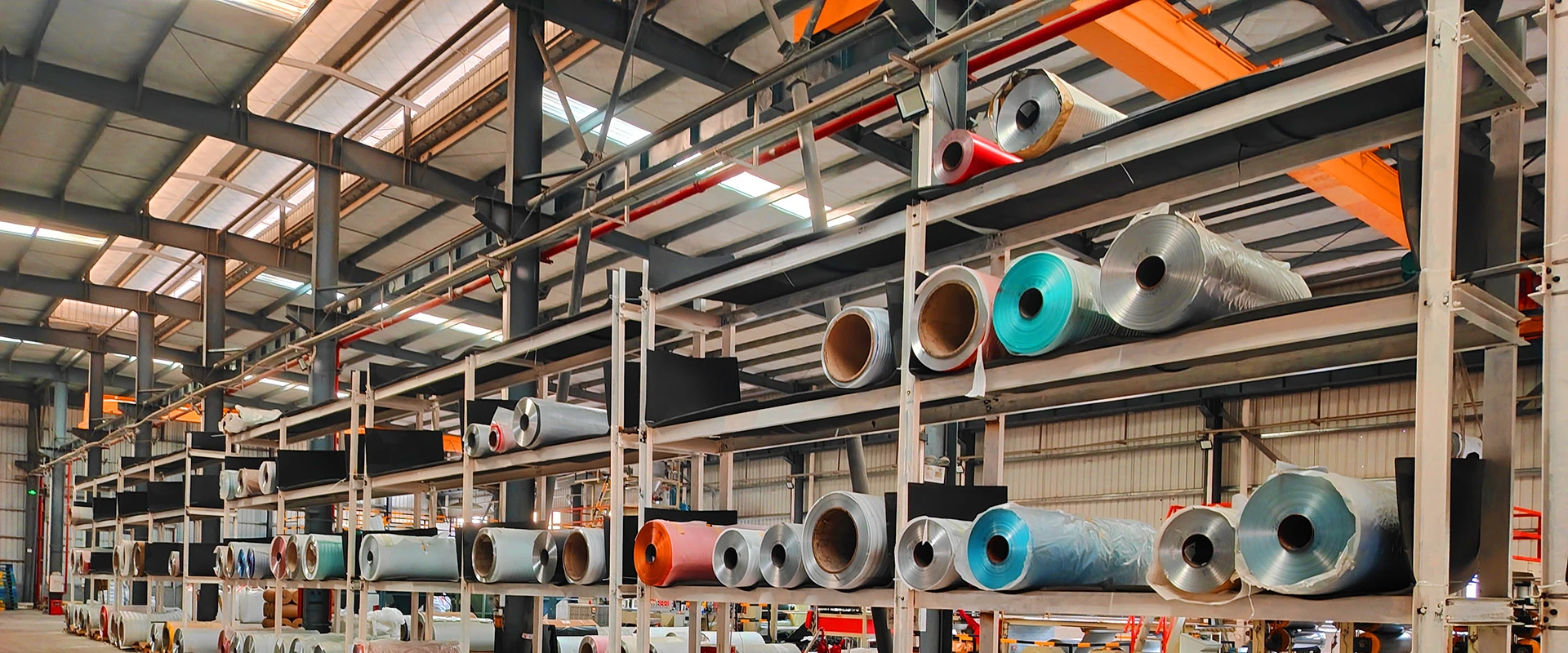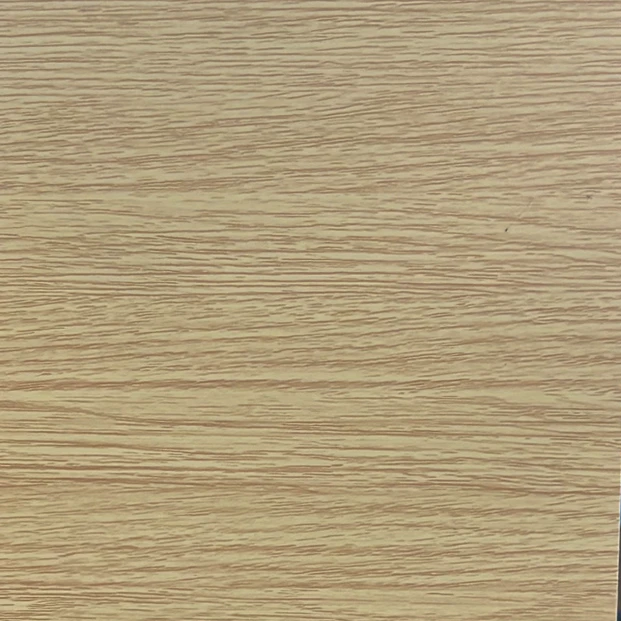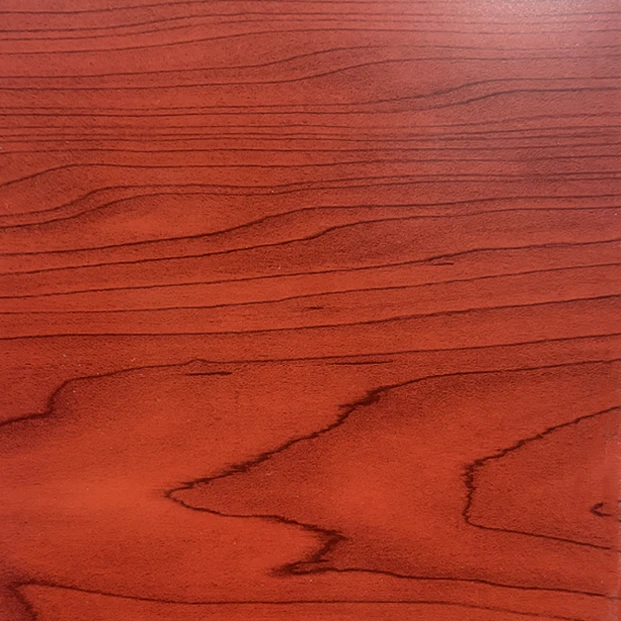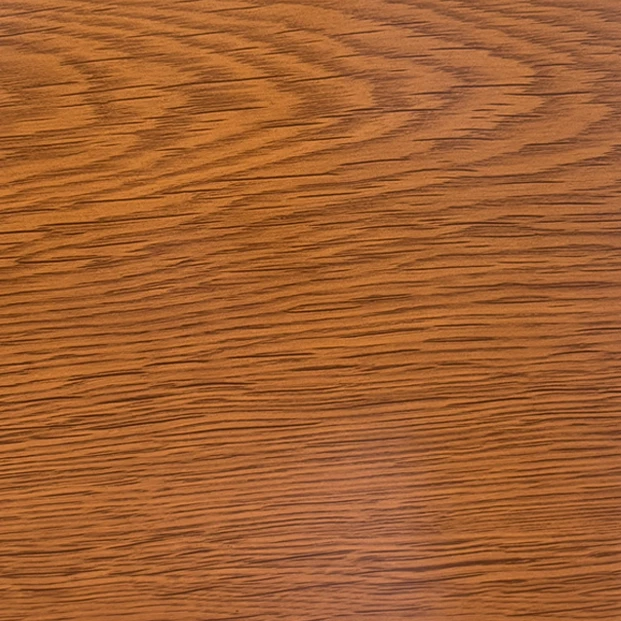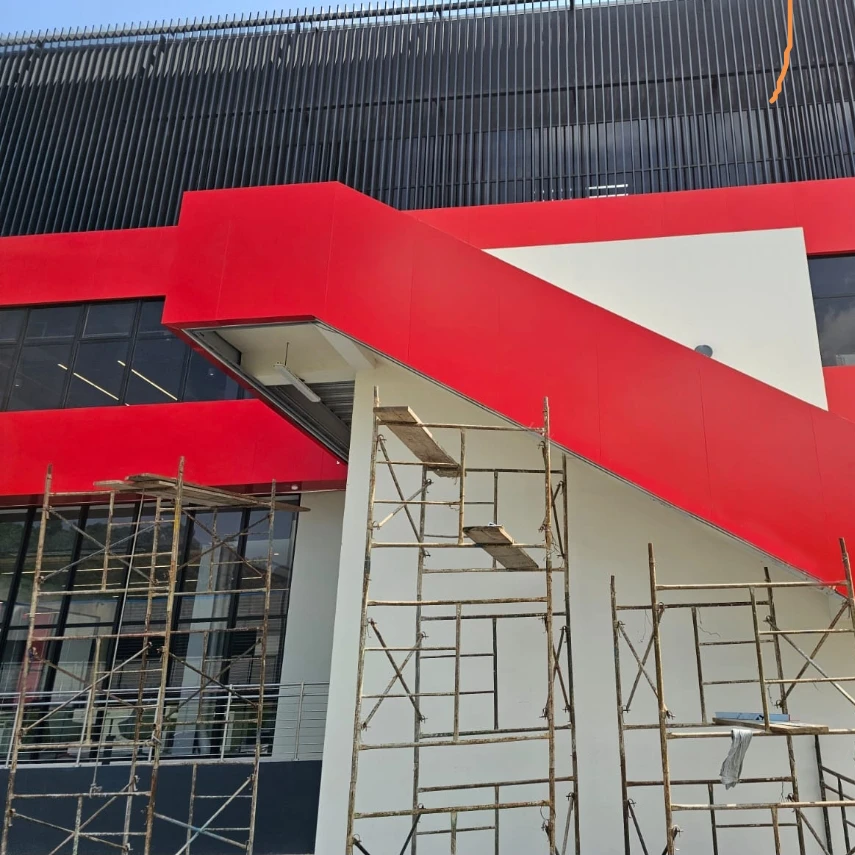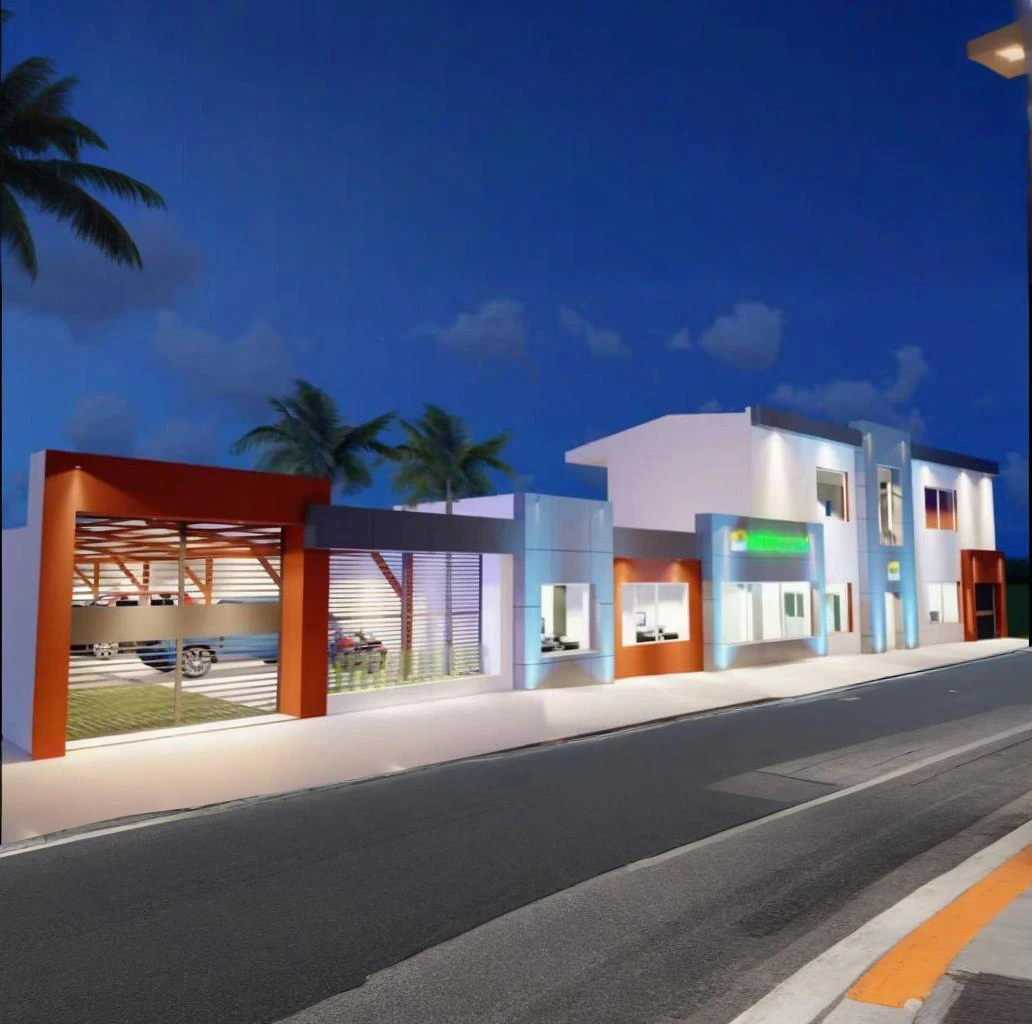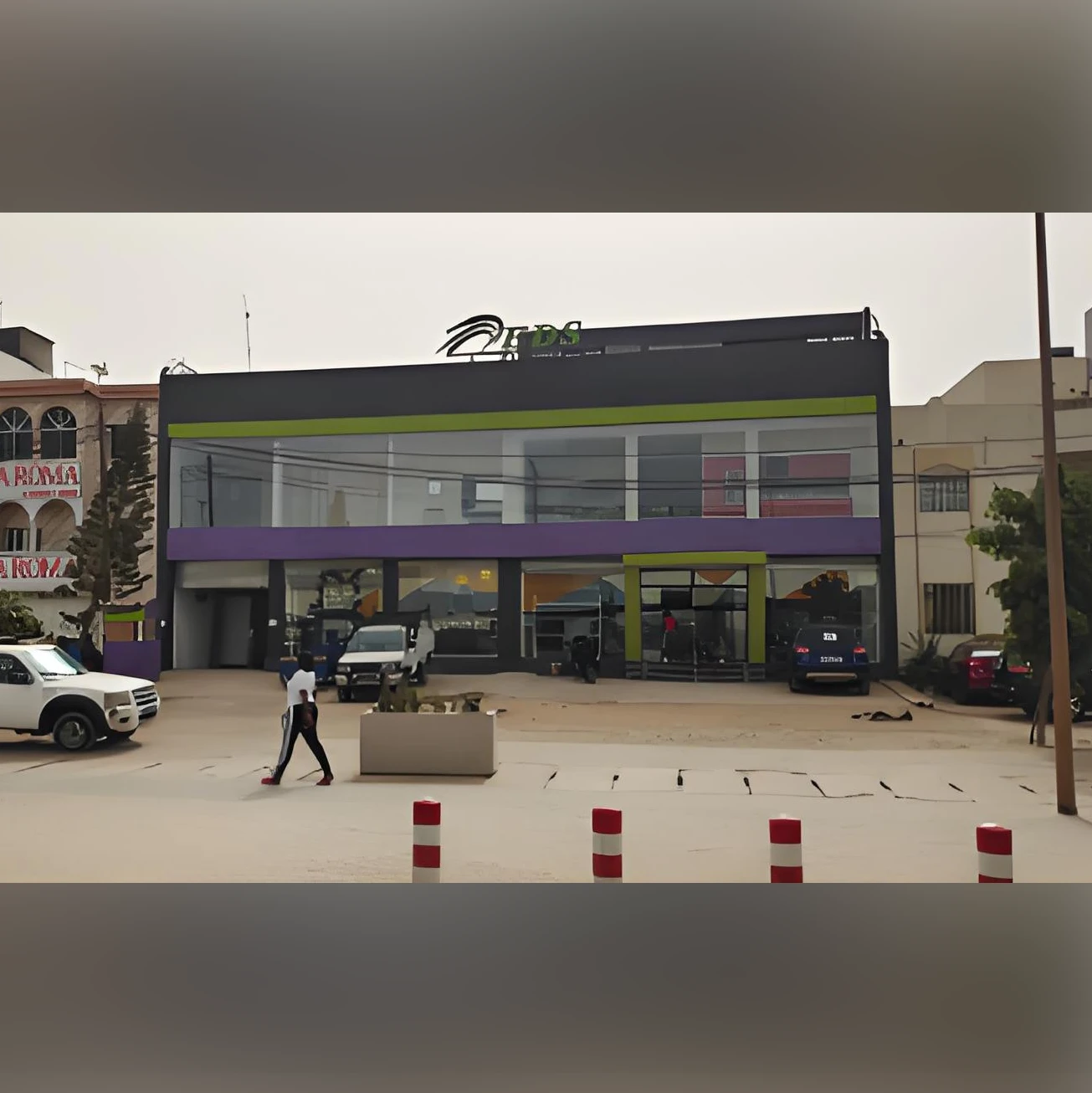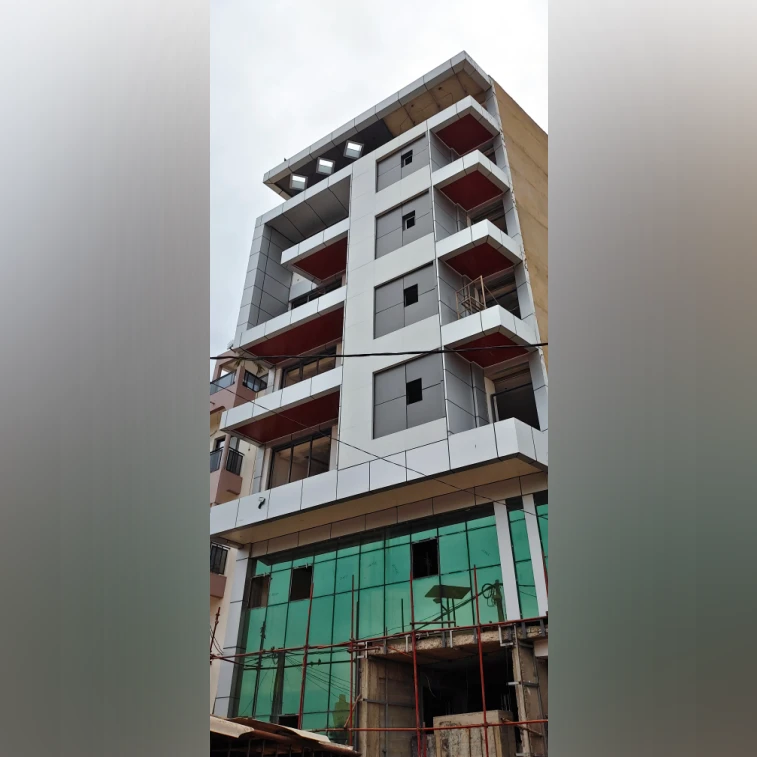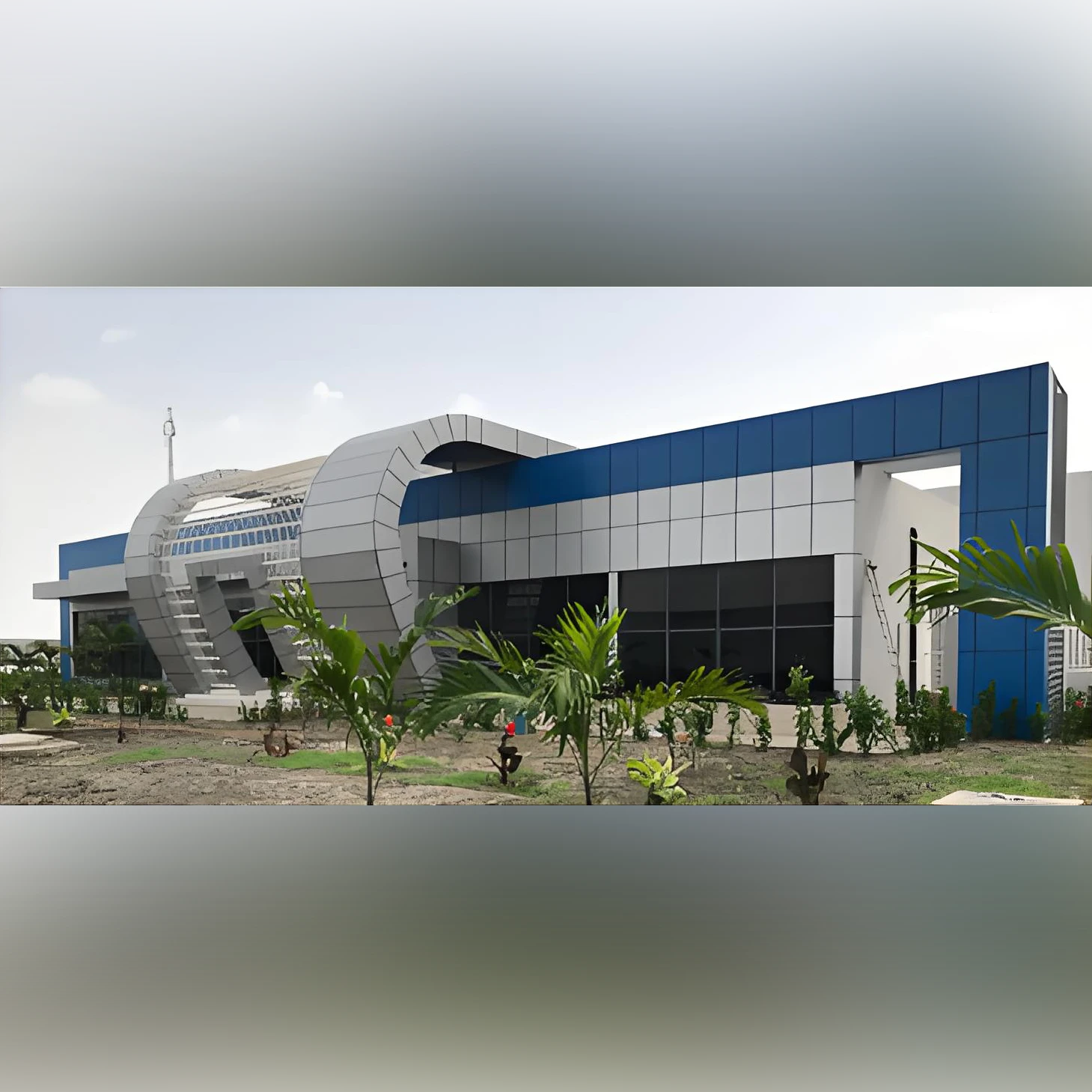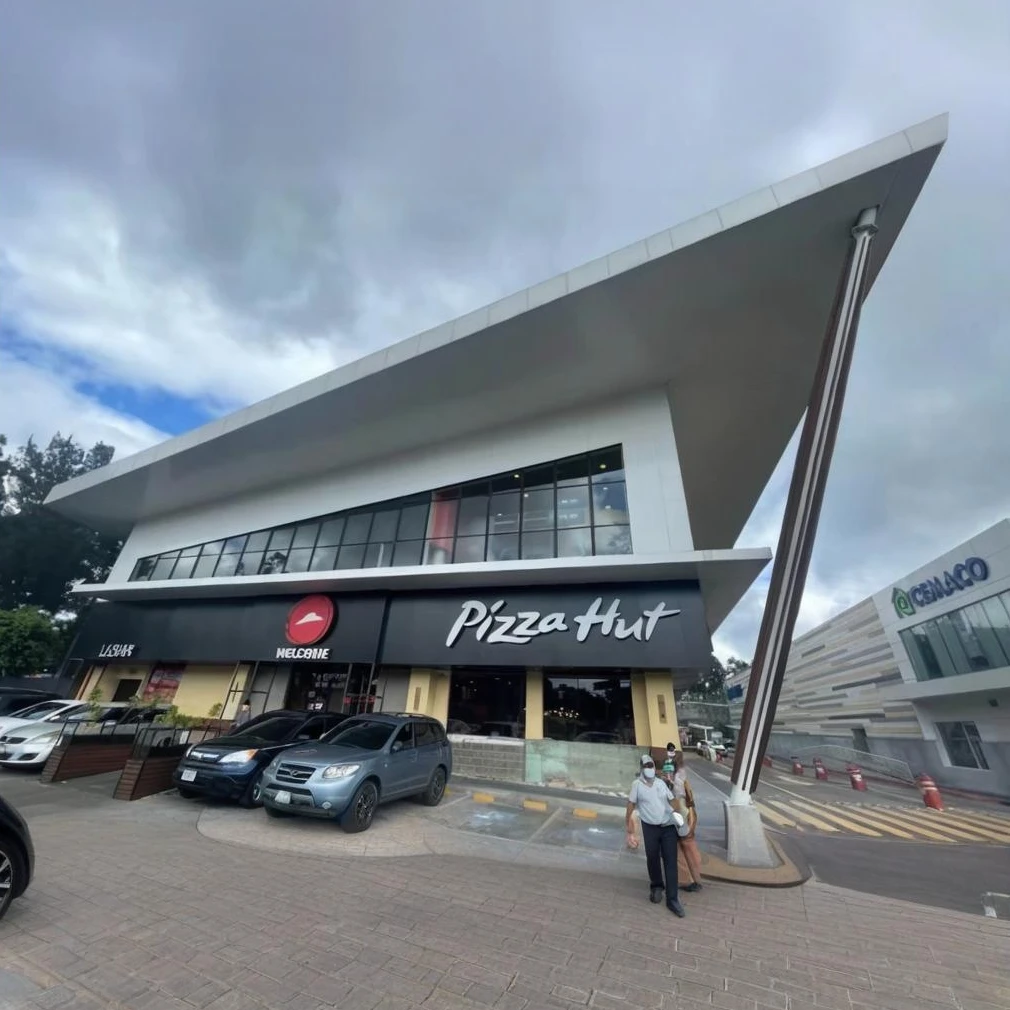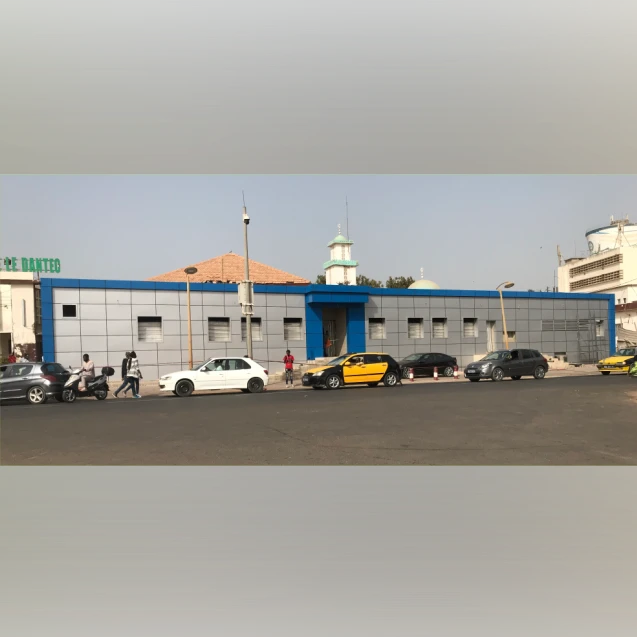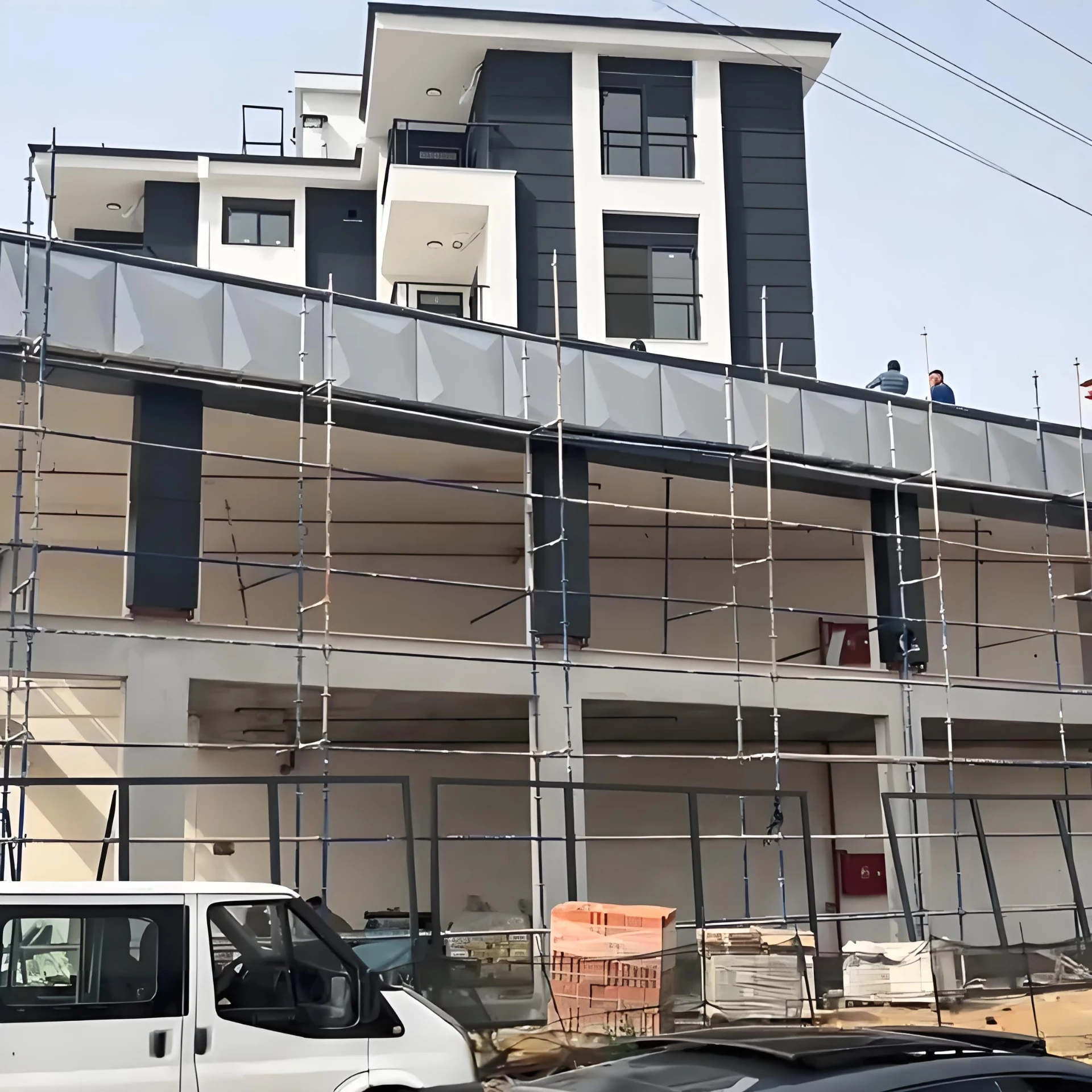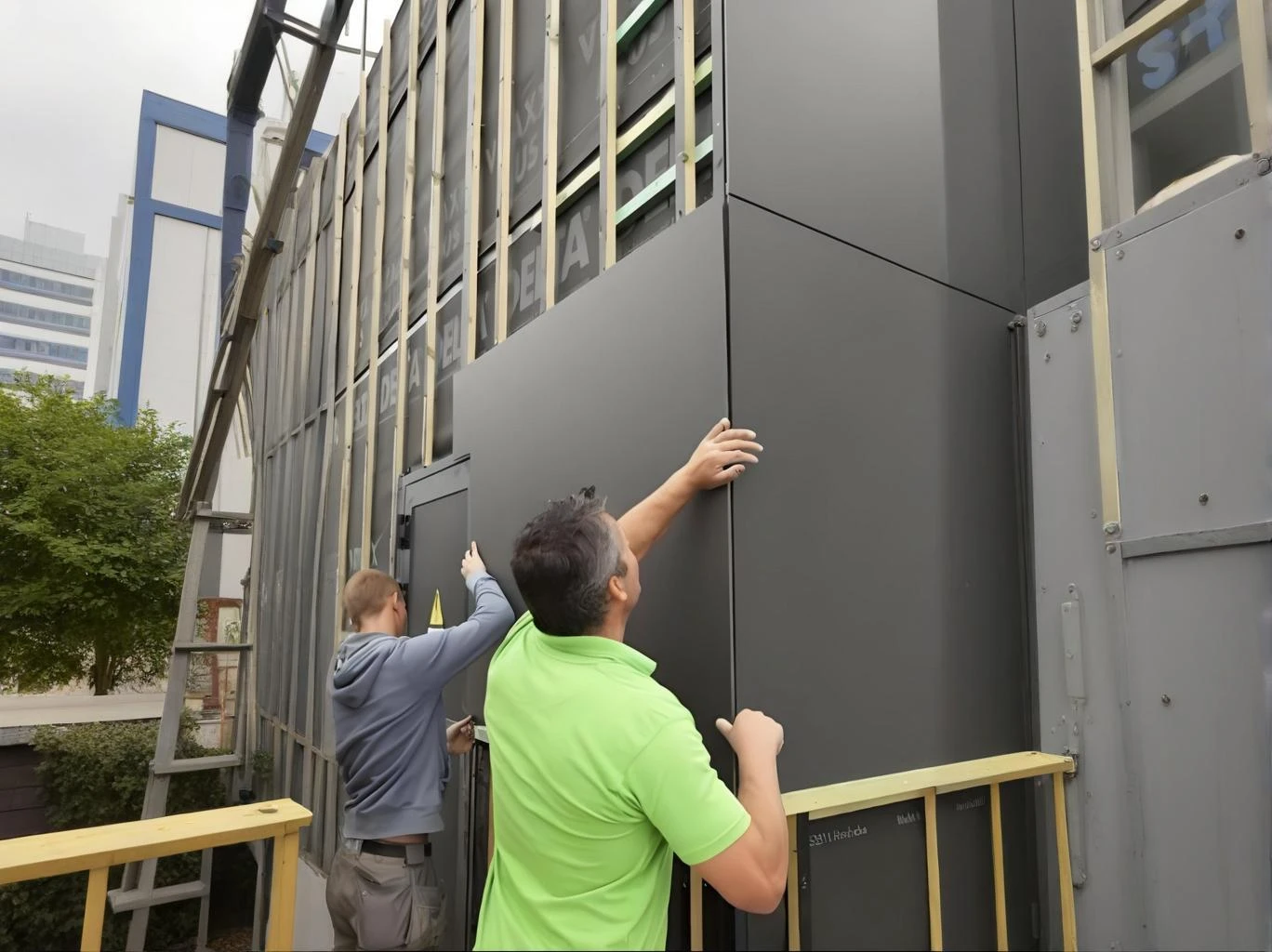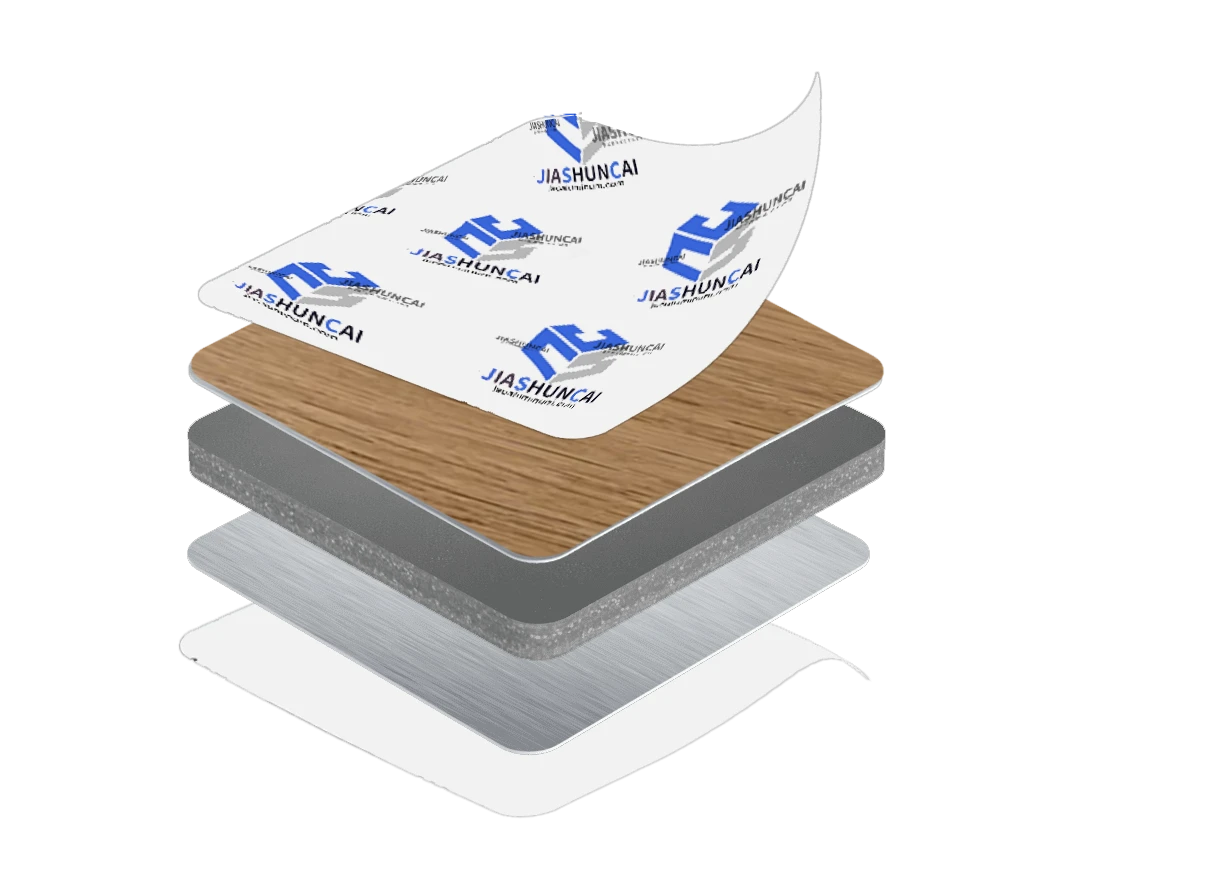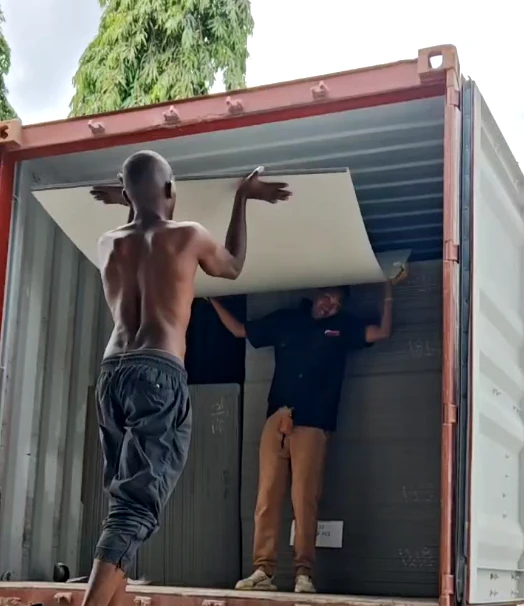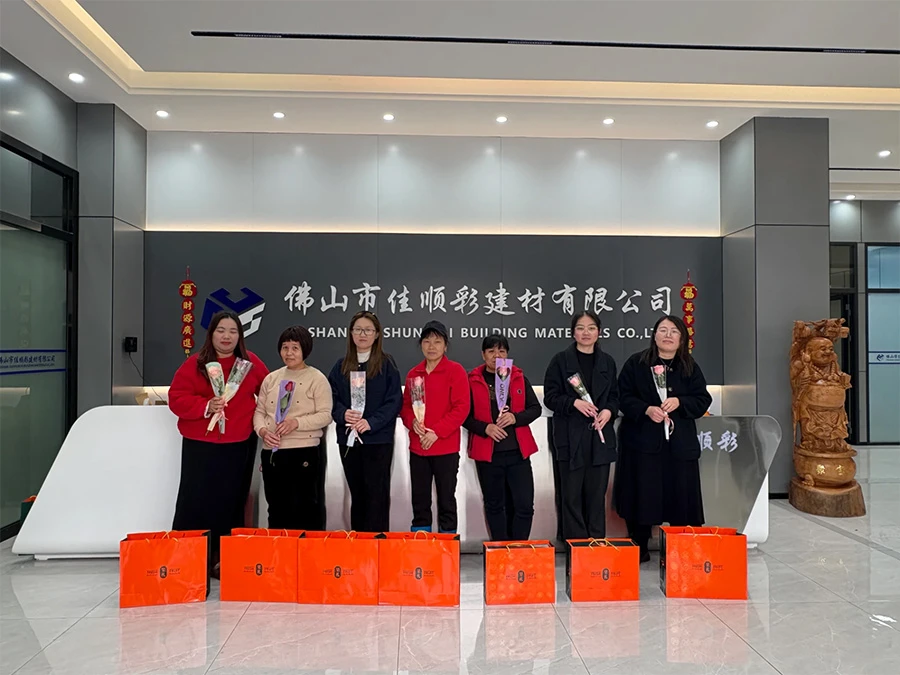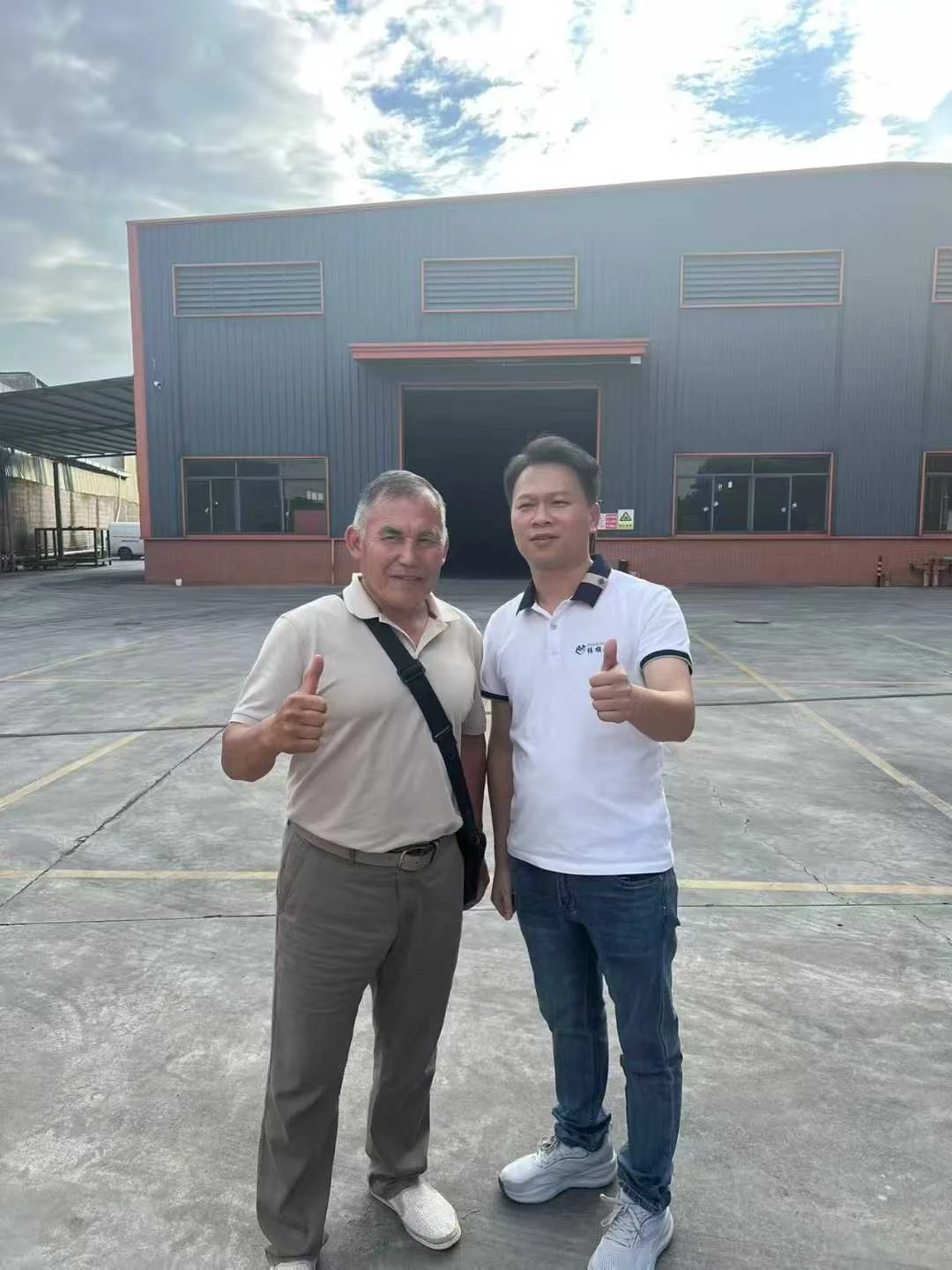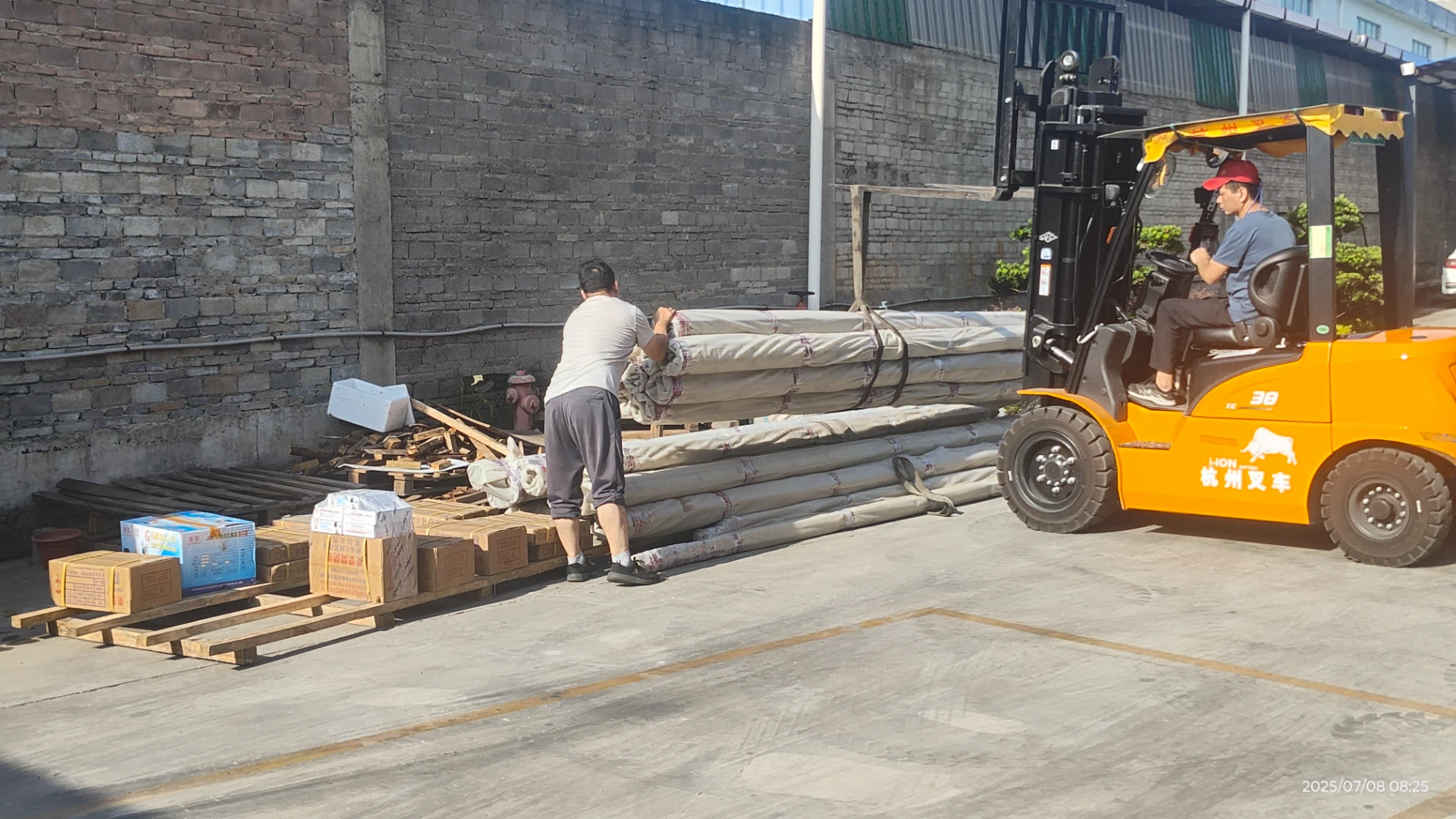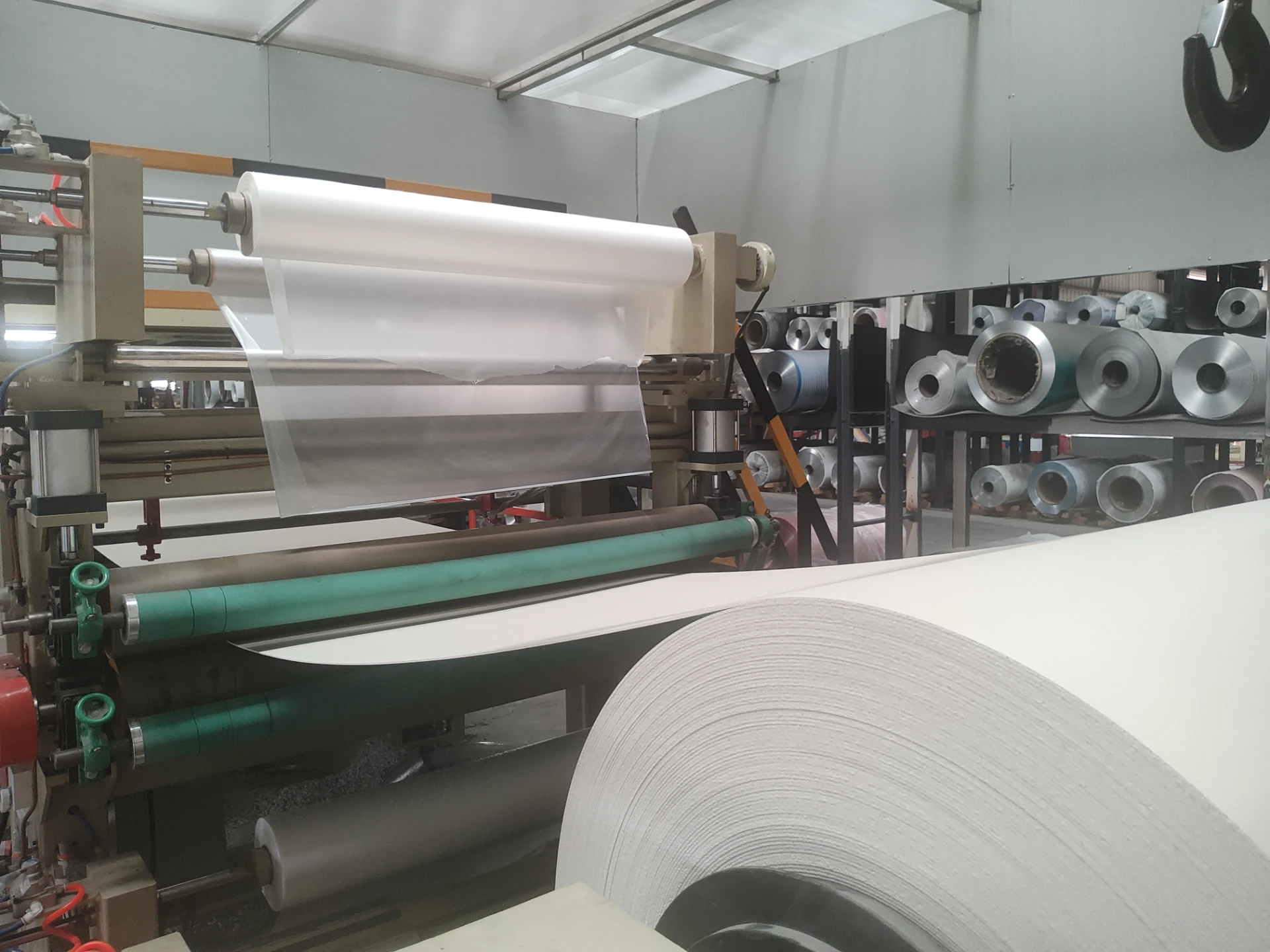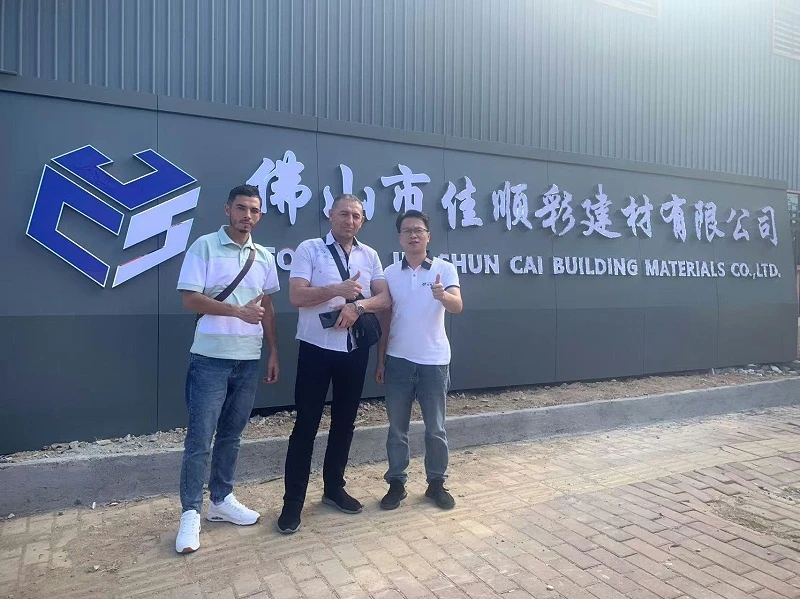Desbloqueando grandes oportunidades: paneis compostos de aluminio de China nos mercados máis pequenos de África
A 20-foot container shipped to a small African country with a low population; it's enough to sell for over half a year!(Exporting aluminum composite panels from Africa, importing jiashuncai aluminum composite panels to Africa)
Africa’s “microstates” – nations with populations under 1 million – are quietly emerging as high-potential markets for construction materials. For Chinese factories exporting aluminum composite panels (ACPs), these compact economies offer surprising advantages: streamlined logistics, concentrated urban demand, and growing infrastructure investments. With their strategic locations and rising tourism-driven construction, countries like Seychelles, São Tomé and Príncipe, and Comoros present niche opportunities for agile suppliers.
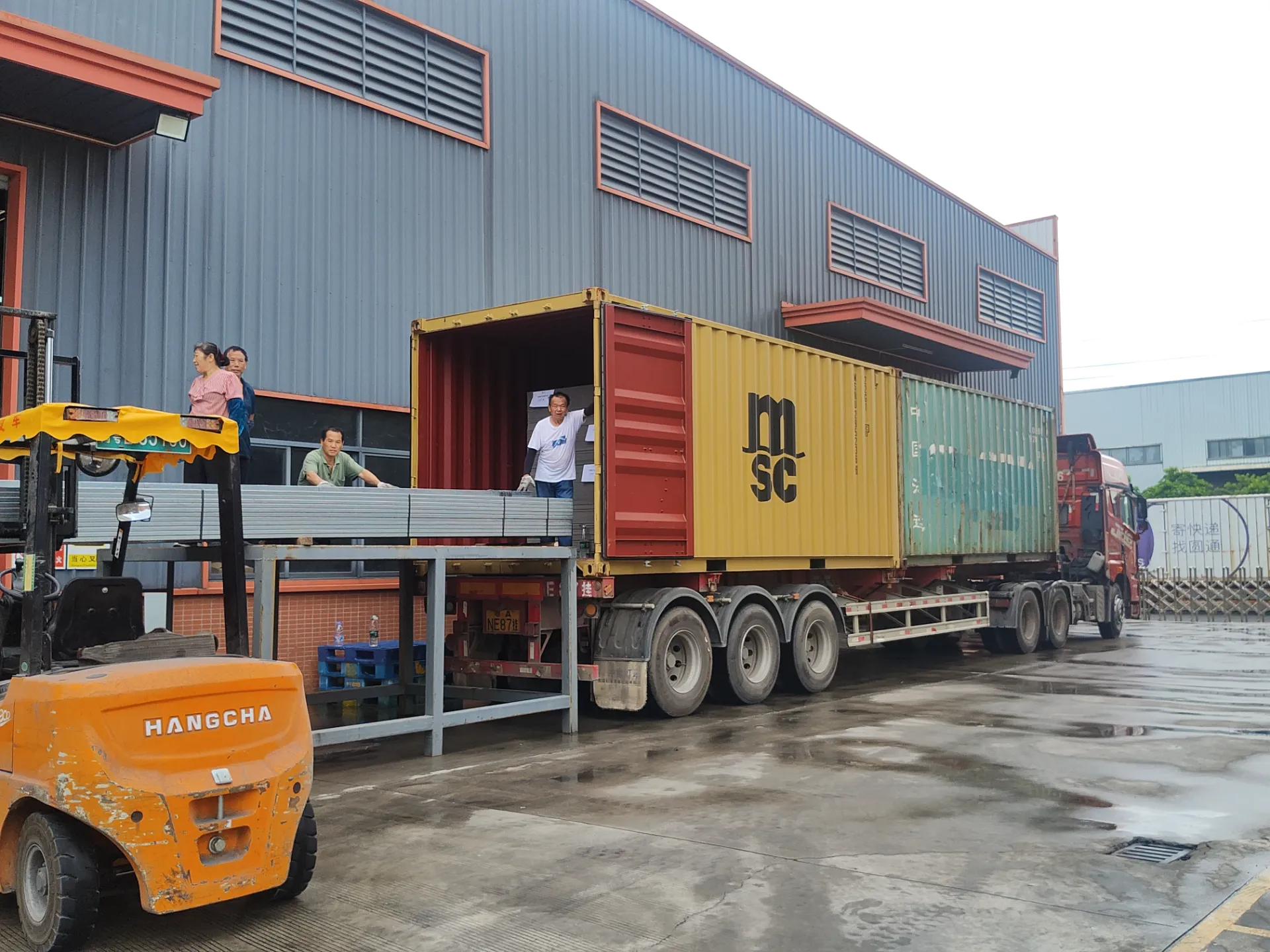
Why Target Africa’s Smallest Nations?
Niche markets, outsized growth:
-
Tourism & Urbanization: Seychelles (pop: ~93,000) and Cape Verde (pop: ~550,000) attract high-end tourists, fueling demand for modern cladding in hotels, airports, and luxury residences. Mauritius, despite its modest 2,040 km² size, is a financial hub requiring premium building materials for commercial projects.
-
Logistical Simplicity: With small land areas (e.g., Seychelles: 460 km², São Tomé: 960 km²), shipments can cover entire markets efficiently. Ports like Victoria (Seychelles) and Praia (Cape Verde) handle consolidated cargoes, reducing last-mile costs.
-
Government & NGO Projects: São Tomé and Príncipe (pop: <200,000) relies on foreign aid for infrastructure. Tenders like Ethiopia’s OIB project (4,390m² ACP procurement) highlight state-driven demand.
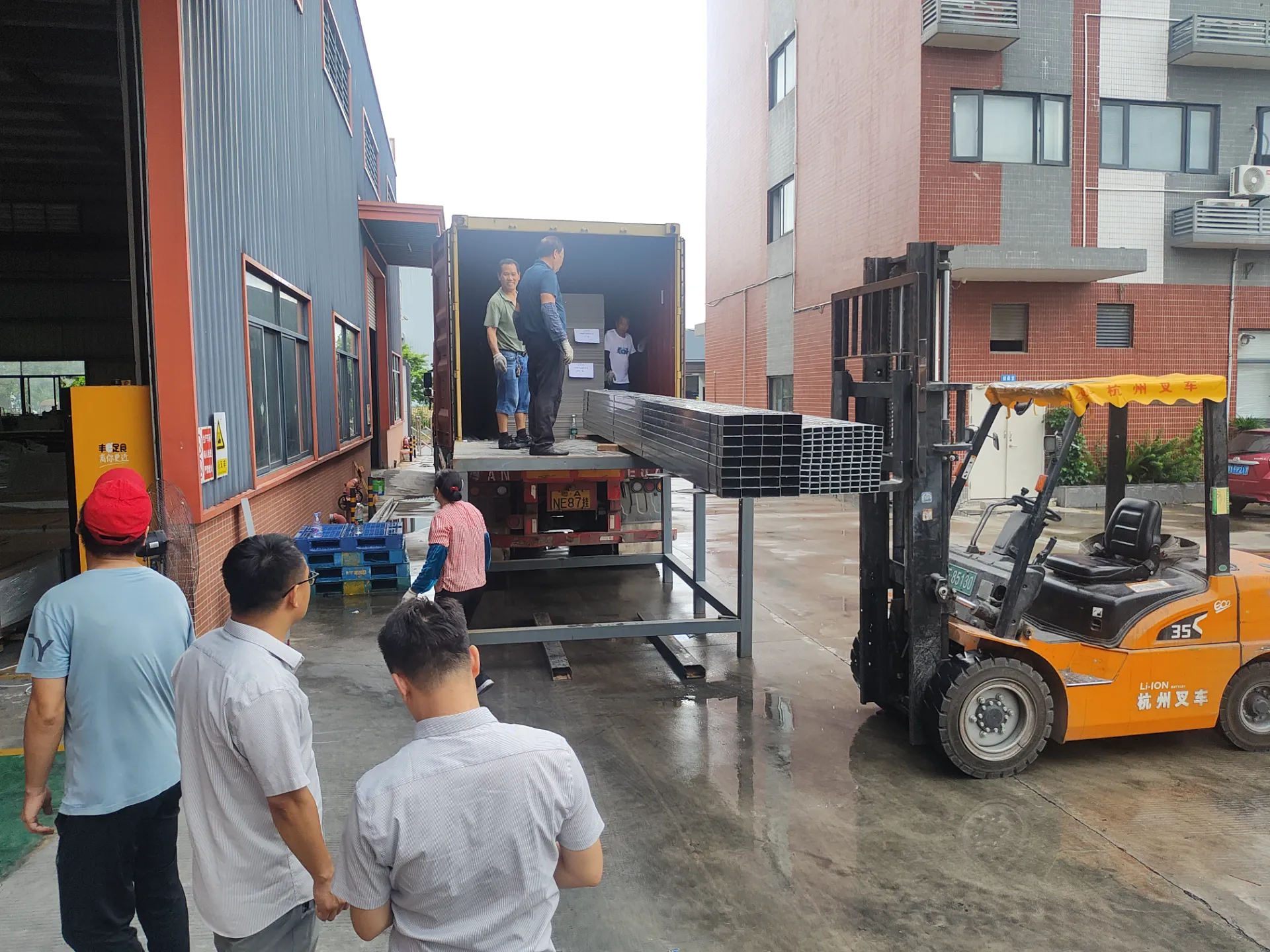
How Chinese Factories Can Dominate This Space
1. Product Adaptation:
-
Climate-Resistant Specifications: For tropical islands like Comoros and Mauritius, supply ACPs with PVDF coatings (e.g., Nano PVDF, Fire-Rated PVDF) to withstand salt corrosion and UV exposure.
-
Small-Batch Flexibility: Offer MOQs as low as 100–5,000 sheets (vs. standard 10,000+), ideal for micro-markets like Djibouti (pop: ~1m) where projects are compact but frequent.
2. Certification & Compliance:
-
Mandatory Labels: Target countries like Nigeria (SONCAP) and Kenya (CE marks). Even small buyers, such as those in Zambia, increasingly require ISO 9001 or COC documentation.
-
Pre-Certified Kits: Bundle ACPs with fixing accessories and installation guides – a model used successfully in Ethiopia to simplify contractor procurement.
3. Agile Logistics & Partnerships:
-
Hub-and-Spoke Shipping: Consolidate shipments via regional hubs (e.g., Mombasa for East Africa, Durban for Southern Africa). A single 20ft container can hold 4,500–6,000m² of ACPs, serving multiple microstates.
-
Local Distributors: Partner with firms like ALWAH AL KHALEEJ Trading (Saudi-based, 10% Africa footprint) to leverage existing networks in Francophone/West Africa.
Market Snapshots: Top 5 High-Opportunity Microstates
| Country |
Population |
Key Cities |
Construction Drivers |
Preferred ACP Specs |
| Seychelles |
93,000 |
Victoria |
Luxury resorts, airport upgrades |
4mm thickness, stone-coated finishes |
| Cape Verde |
550,000 |
Praia, Mindelo |
Tourism hubs, EU-funded infrastructure |
PVDF-coated, 0.3–0.55mm panels |
| Comoros |
850,000 |
Moroni |
Port expansions, urban renewal |
Fire-rated mineral cores |
| Mauritius |
1,270,000 |
Port Louis |
Financial centers, smart buildings |
High-gloss, custom-colored ACPs |
| São Tomé |
200,000 |
São Tomé City |
Government buildings, NGO projects |
Budget-friendly 3mm panels |
Sources:
Success in action: Jiashuncai factory increased African microstate revenue by 30% by:
-
Supplying Seychelles’ Savoy Resort with 8,000m² of anti-corrosion ACPs.
-
Delivering pre-cut kits to São Tomé for a German-funded hospital, bypassing local fabrication limits.
Navigating Export Challenges
Certification Shortcuts: Reuse existing EU/CE certifications (accepted in 80% of microstates) to avoid redundant testing. For stricter markets like Nigeria, partner with local agents to fast-track SONCA .
Payment Security: Request 30–50% upfront via T/T, especially for new buyers in high-risk economies like Malawi.
Cultural Nuances: French/Portuguese documentation is essential for Comoros (French-speaking) and Cape Verde (Portuguese-speaking).
Africa’s microstates are macro-opportunities. With minimal competition and high-value projects, Chinese ACP suppliers can build dominance here by combining customized products, simplified compliance, and localized partnerships. Target two countries initially (e.g., Seychelles + Mauritius), then scale using hub-based distribution – turning small volumes into big margins.

